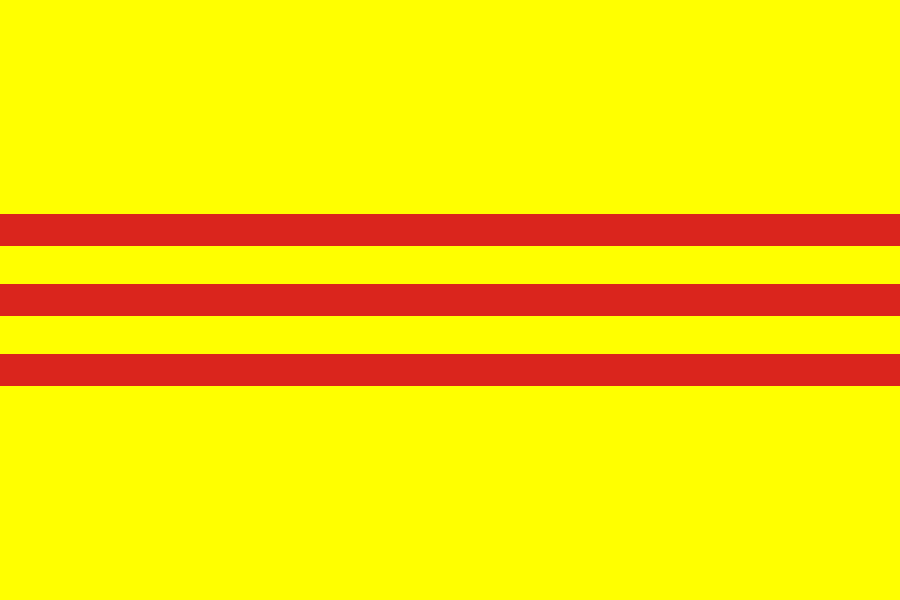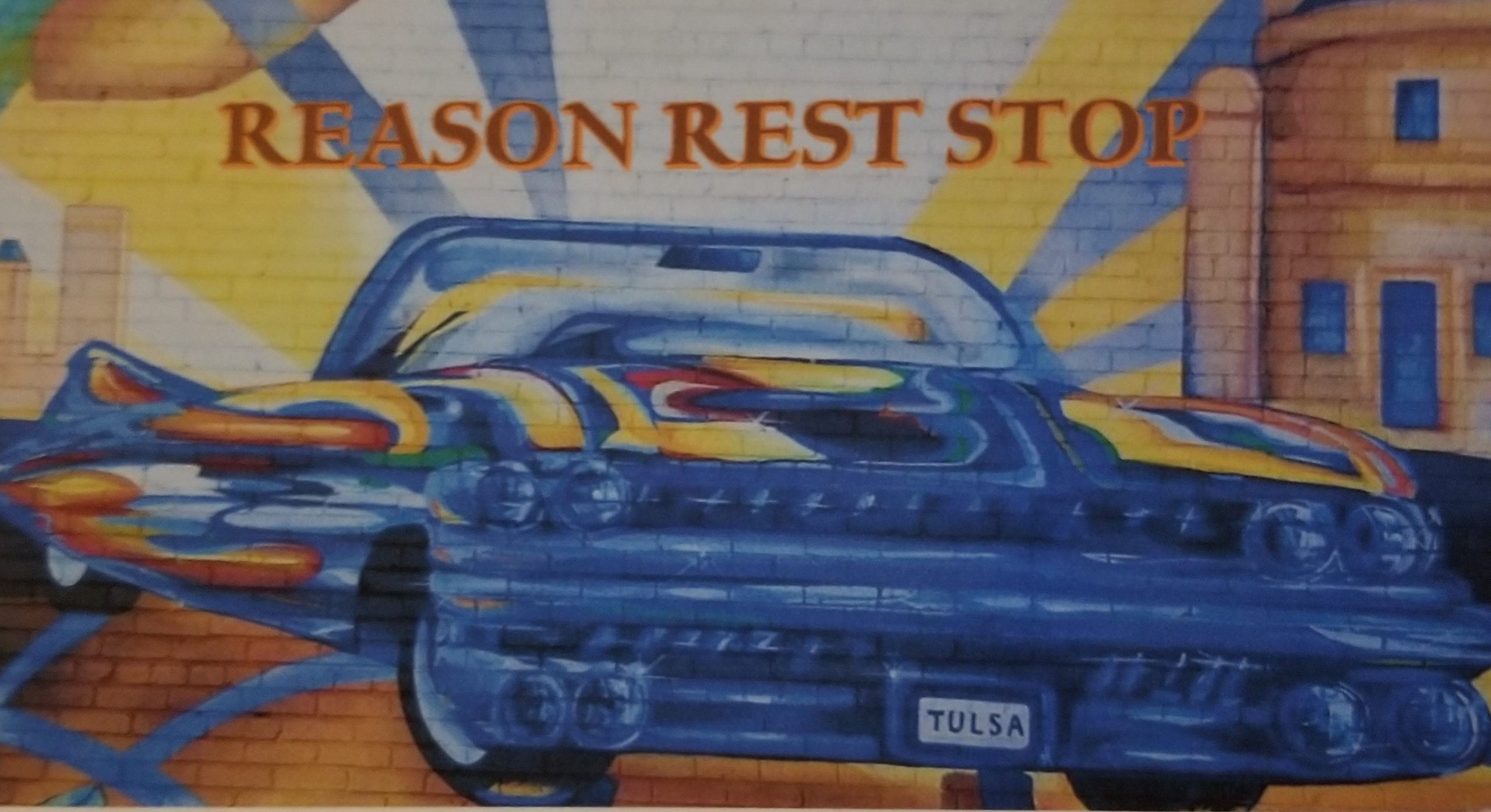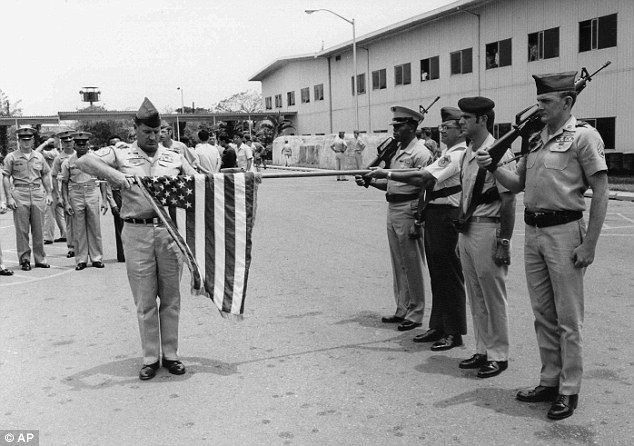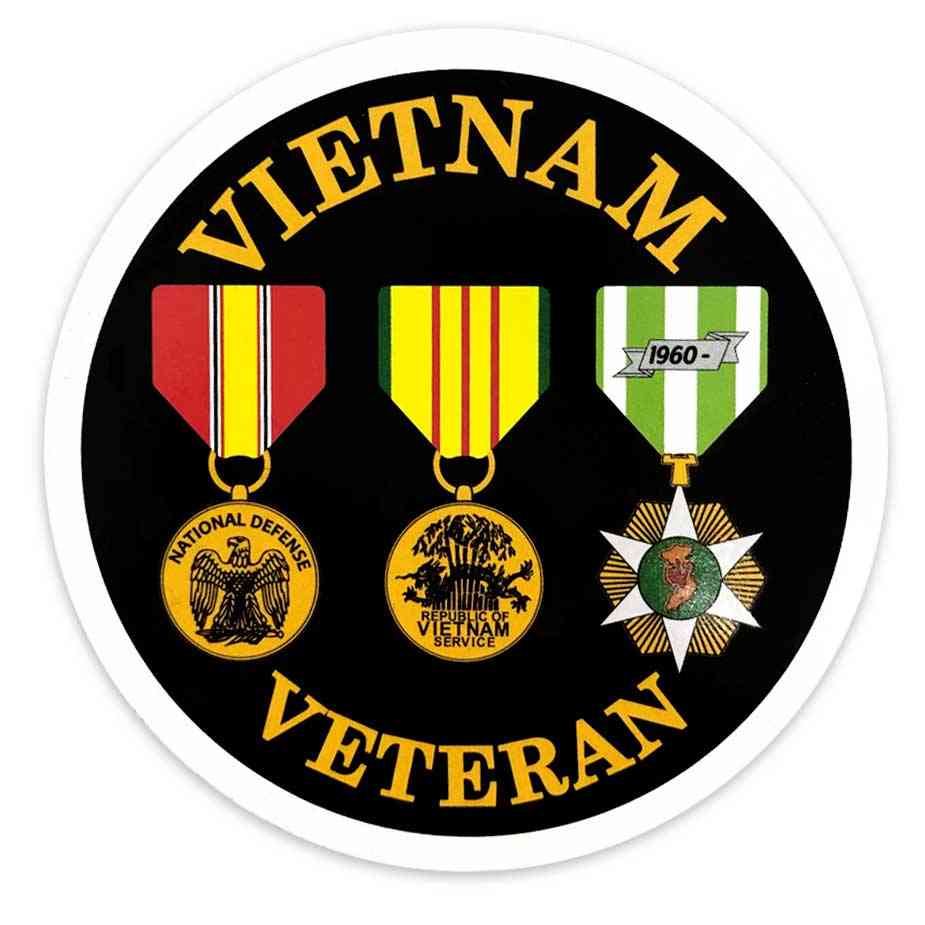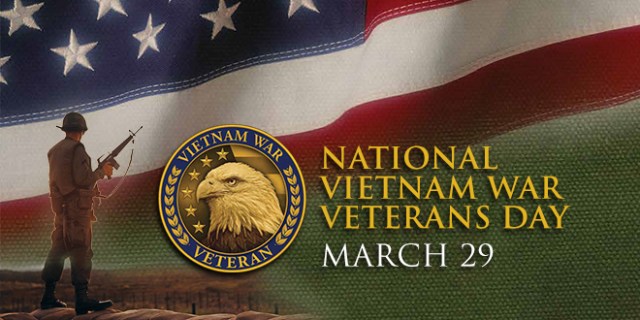Fifty years ago today, March 29th, 1973, the last U.S. combat troops left the Republic of Vietnam. Along with the troops who made their grand exit after turning over their duties to ARVN forces came the last group of Prisoners of War. This marked the official end of U.S. involvement in the armed conflict that existed between Communist North Vietnam and U.S. ally, South Vietnam. Those two nations would remain at odds and languish in a state of armed conflict until the issue was finally decided over two years later. However, as far as American involvement was concerned it was at an end, for better or worse.
Achieving “Peace with Honor” was the zeitgeist half a century ago. All U.S. service members still in country, many of whom were conscripts, were happy to leave. Because of the way the war was waged and the lack of any real results resembling a desired outcome suitable to please a majority of the American public, the frustration of it all was too often taken out on the guys who fought it. From crass catcalls and verbal insults to getting spit on while still in uniform, many of them were met by the “unwelcome wagon” and bore the brunt of the public’s contempt for both military and diplomatic failure upon their return home. For the longest time Vietnam Veterans, the rank and file soldiers, marines, airmen and sailors who answered when their number was called, never got a parade or any real national recognition for the risk they took and sacrifice they made in going to an inhospitable and hostile foreign country regardless of if their service was voluntary or involuntary. One lesson a largely indifferent citizenry had to learn was how to embrace the warrior while detesting the war. It wasn’t until John and Jane Q. Public had a decade or so to process the entire sordid affair that the problems of veterans related to Vietnam service were finally taken seriously by enough of the right people to get them the help they needed. From PTSD to dioxin (Agent Orange) exposure to alcoholism and addiction, those veterans finally started to get badly needed attention, albeit late for most. It wasn’t though until 2017 that March 29th was officially designated Vietnam Veteran’s Day. It is said the time heals all wounds. It is fair to say some wounds take a lot longer, especially when they involve the altering the attitude and perception of the entire nation.
If history teaches us Americans anything it is that we learn nothing from history; our own or anyone else’s. In the decade before the end of his life, former Secretary of Defense Robert S. McNamara authored a book entitled In Retrospect: The Tragedy and Lessons of Vietnam. In his tome, the former SECDEF highlighted eleven mistakes the U.S. made in the runup, entry to and prosecution of the Vietnam conflict. Sadly, the U.S. made most if not all the same mistakes going into and staying in Iraq, however that is grist for another mill. For the longest time the failure to achieve absolute victory in Vietnam was considered by many a blight on the American brand. It was a divisive conflict that marred many American families with nearly the viciousness of physical wounds. In the end, criteria for victory was the personal survival of those in harm’s way. I personally know of no veteran who served in Vietnam who is under the age of 67. It is now a national duty to embrace those who served in one of the most unpopular wars in our country’s history and give them now what they did not get then, the kind regard, consideration and the gratitude from all Americans.
